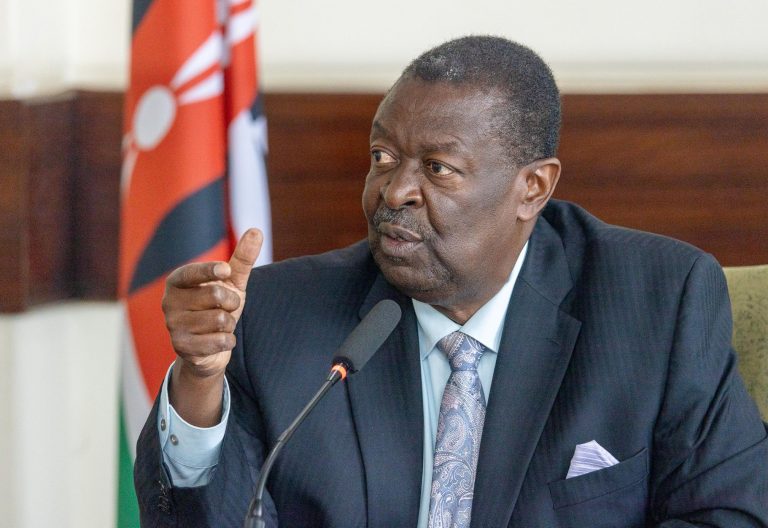Firms step up hiring on stronger orders, output
By Steve Umidha, October 6, 2022Services sector rebounded in September for the first time since March, as companies stepped up hiring on stronger orders, a survey showed yesterday, marking a sixth-month high for the country’s private businesses.
Latest Stanbic Bank Kenya Purchasing Managers Index (PMI) Survey – which measures the change in business activity such as income or chargeable hours worked, posted 51.7 during the month, up sharply from 44.2 in August and above the 50.0 no-change mark for the first time since March.
The reading signalled a renewed and modest improvement in overall business conditions, with the end of the elections cited by survey panelists as being a key factor in driving that growth. Mulalo Madula, an economist at Standard Bank noted that Kenya’s business conditions saw a renewed uptick in September as concerns over post-election disruptions faded.
“Firms have signaled a strong rebound in output, while the sharp increase in demand also meant firms stepping up purchasing activities and stockpiling, with some firms emphasising concerted efforts to avoid future shortages,” he said.
Readings above 50 signal an improvement in business conditions on the previous month, while readings below 50 show a deterioration.
Output and new orders rose solidly in the period under review, the month that saw businesses return to profitability after months of indecisions because of elections as well as inflationary pressures brought by the war in Ukraine.
Renewed uplift
Kenyan private sector firms indicated a renewed uplift in their stocks of purchases at the end of the third quarter of the year, the fastest since April. Expansions were seen in the agriculture, wholesale and retail and services categories, whereas declines were registered in manufacturing and construction.
Similarly, the September reading has reinforced the view that the economy was not in recession despite output shrinking in the first half of the year. Analysts said removal of fuel subsidies in September led to a marked rise in purchase costs.
Businesses reported that reduced subsidies on fuel prices were behind the uptick, while others cited a higher tax burden and a stronger US dollar. “But then, recovering demand, coupled with phasing out of fuel subsidies, will likely exert inflationary pressure. Firms reported higher input price inflation for the first time in five months,” said Madula.
The rate of overall cost inflation accelerated for the first time in five months. Subsequently, after sliding to a seven-month low, the rate of increase in selling prices picked up.
Consumer services faced highest input cost inflation during the month, a period that witnessed an annual inflation accelerating for the seventh consecutive month to 9.2 per cent in September, above market forecasts of 8.6 per cent and the ceiling of the Central Bank’s target range of 2.5 per cent to 7.5 per cent.
To tame those concerns, the Central Bank of Kenya raised the key lending rate by 75 basis points to 8.25 percent, matching the Federal Reserve hike two weeks ago as central banks struggle to tame inflation.
More Articles

